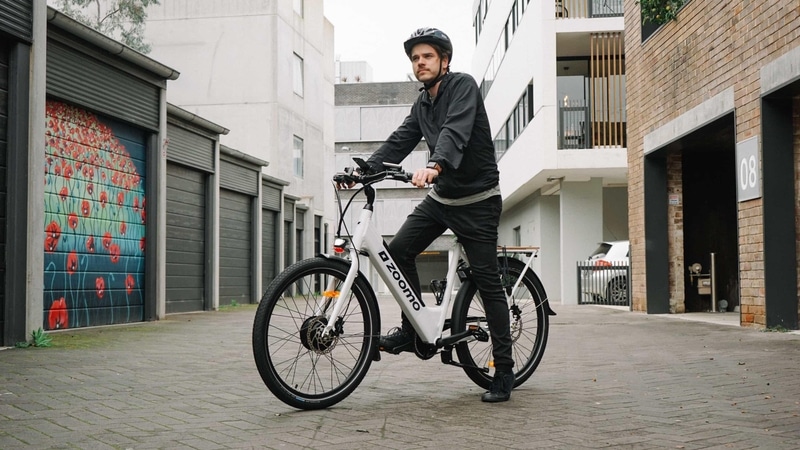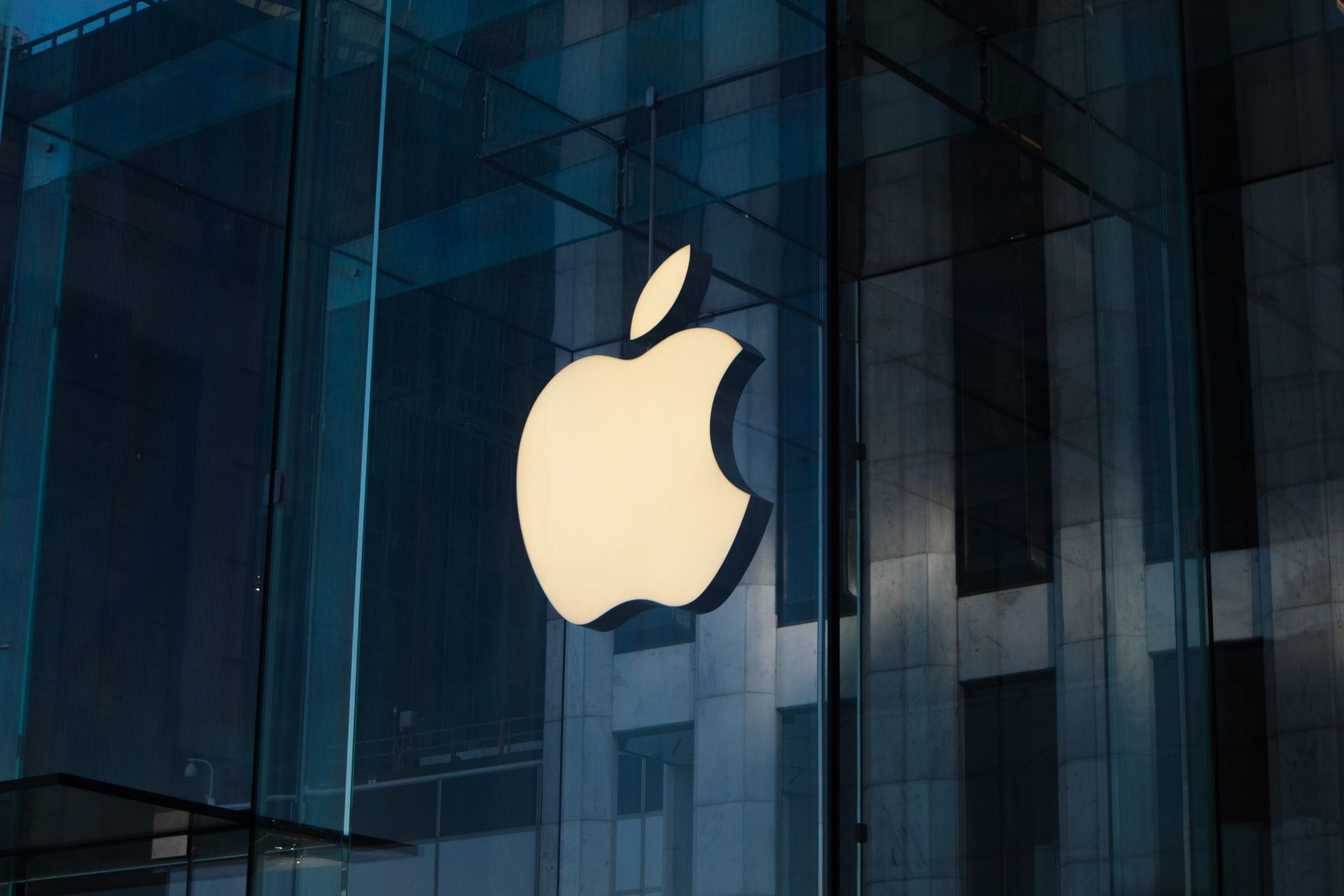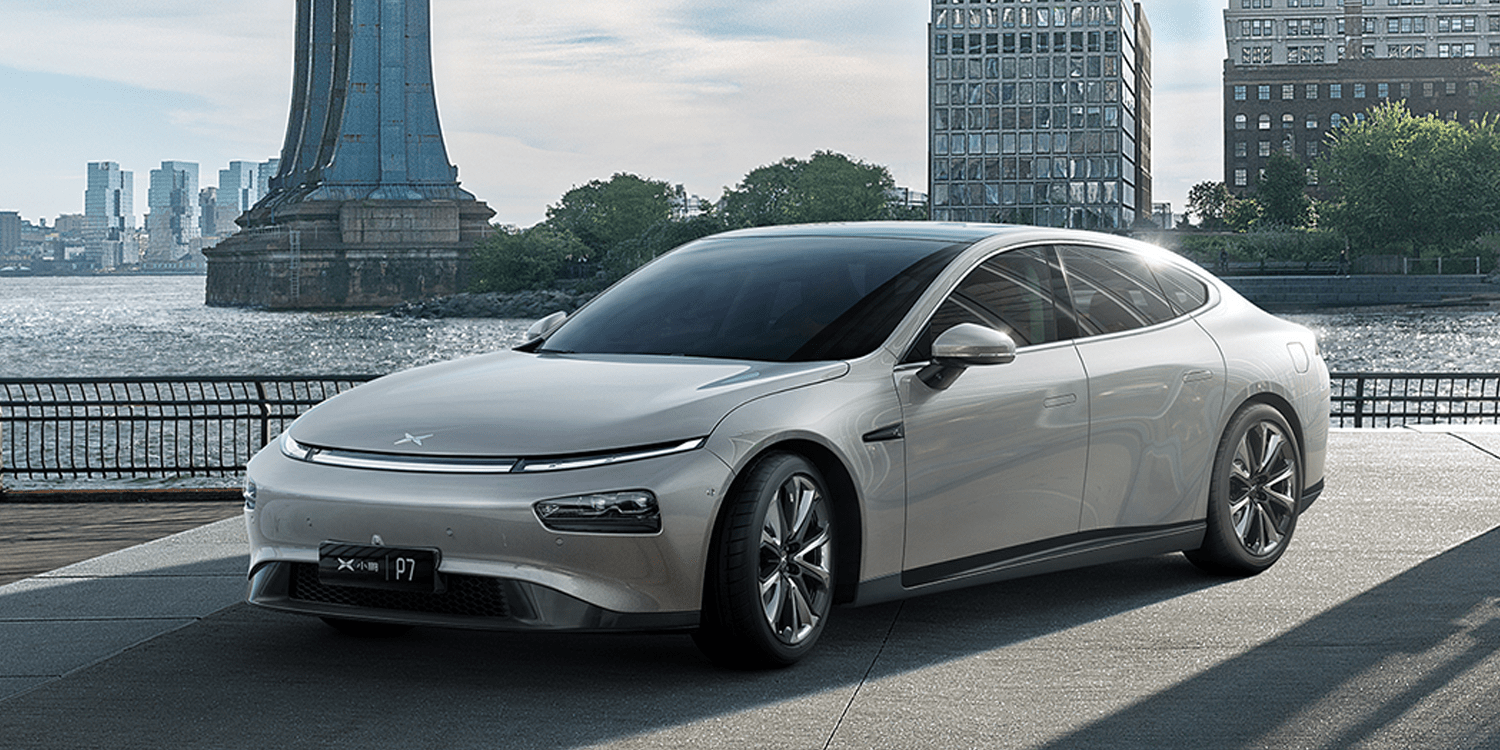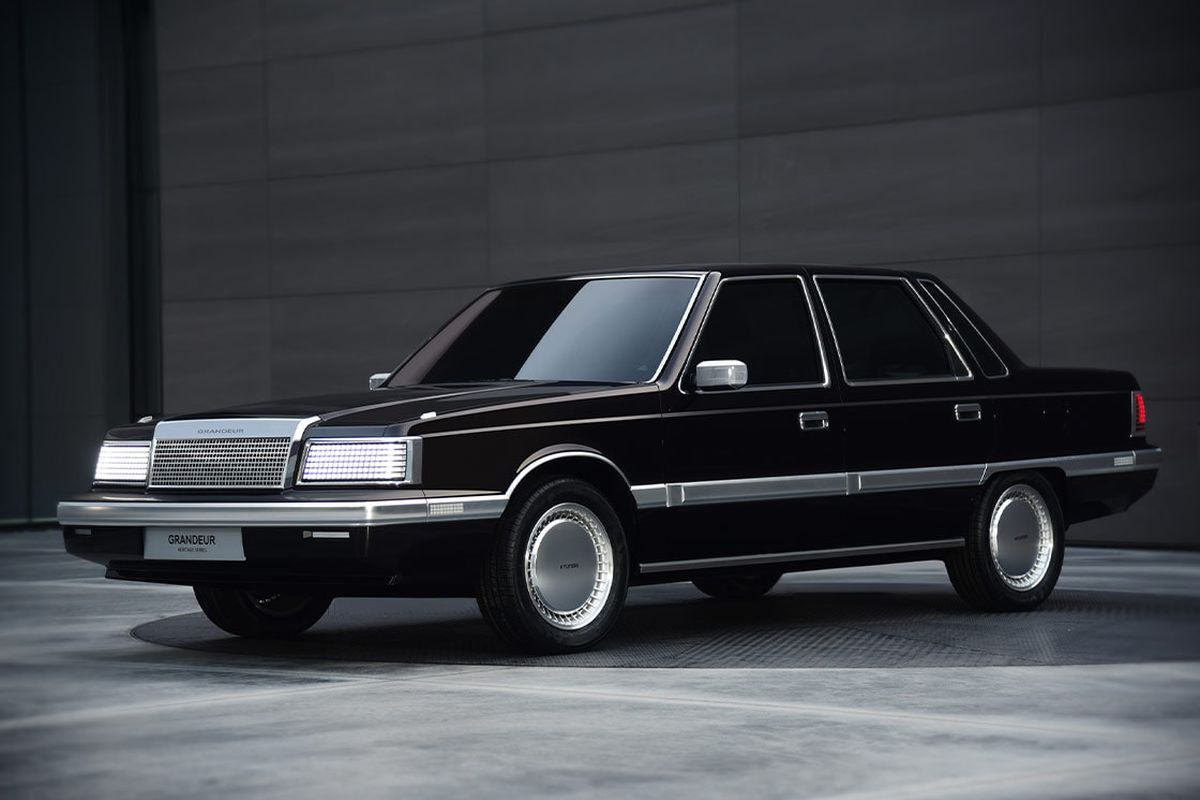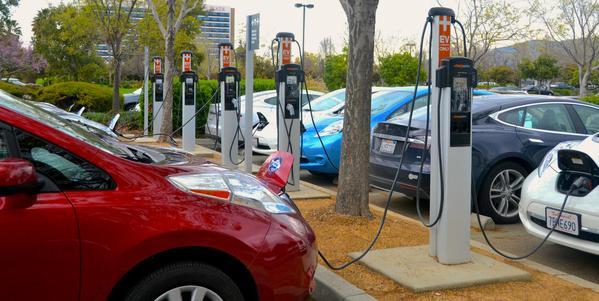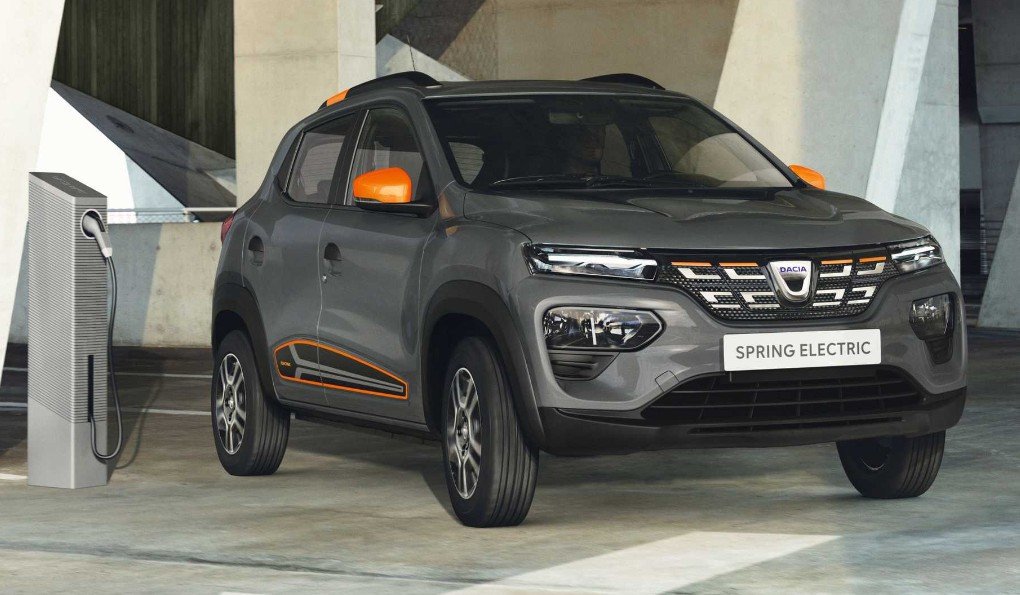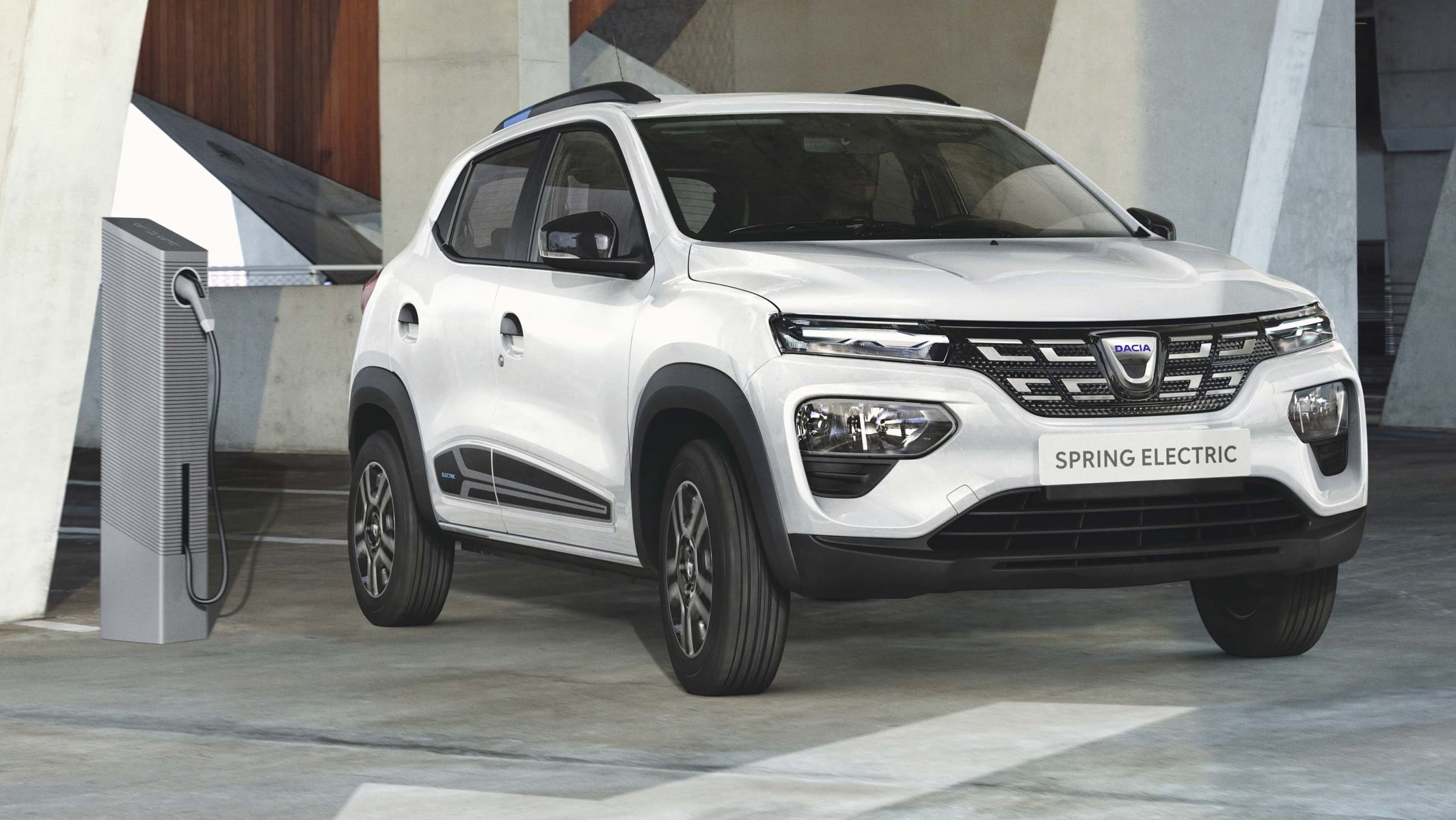Zoomo, an Australian-based electric bike startup company, has secured an impressive $80 million funding deal from three venture investment firms, two of which are headed by Atlassian founders Mike Cannon-Brookes and Scott Farquhar.
The company, which has headquarters in the US, Philippines, China, the UK, France and Spain as well as Australia, has deals with the likes of pizza giants Domino’s and Pizza Hut, and in 2020 trialled its range of e-bikes in a rental scheme with office lease giant Dexus.
The new funding builds on two previous funding rounds, including a $16 million round in late 2020 led by the Clean Energy Finance Corporation (CEFC), and another $16 million round in May led by investment company Airtree that also included the CEFC.
The latest funding injection includes Mike and Annie Cannon-Brookes’ Grok Ventures, Kim Jackson and Scott Farquhar’s Skip Capital, and global cleantech investor ArcTern Ventures, and will propel the company go from a “start-up to a scale-up” according to Zoomo CEO Mina Nada.
Zoomo will also be supported a groundbreaking asset-backed loan facility for e-bikes via by longterm partners Viola Credit and OneVentures, which aided the round. Viola Credit is a subsidiary of Israel’s largest tech-focused investor Viola Group, which has more than $3 billion in assets under management.
The debt facility will aid Zoomo in its goals for rapid growth, by allowing customers to pay a monthly membership fee instead of buying e-bikes outright. Zoomo says it will be able to expand its fleet quickly thanks to the facility’s scalability.
Zoomo’s strategy is based on targetting the last-mile delivery sector. According to a March release published on the company’s website, Zoomo also has deals with the UK’s Just Eat Takeaway, US-based parcel delivery firm Cornucopia Logistics, and groceries delivery firm Gorillas.
And with the delivery industry up like never before due to the Covid-19 pandemic, it’s not surprising there is such interest in investment in electrification of the last mile as companies look to ways to reduce their carbon emissions and meet SDG goals.
Of Zoomo’s strategy, Nada said in a statement: “We initially built our products to service the demands of gig workers in the food delivery industry.
“Their expectations for quality commercial vehicles, on-demand service, flexible financing and tech enabled security features spurred us to innovate. We’re now seeing enterprises and fleet managers benefiting from the platform we have built. Enterprise fleet managers looking for clean and efficient vehicles are choosing us.”

